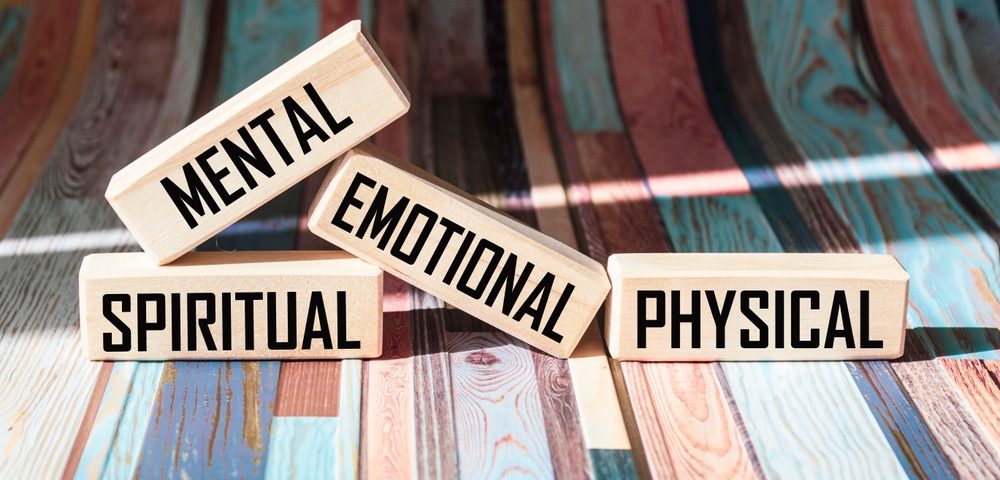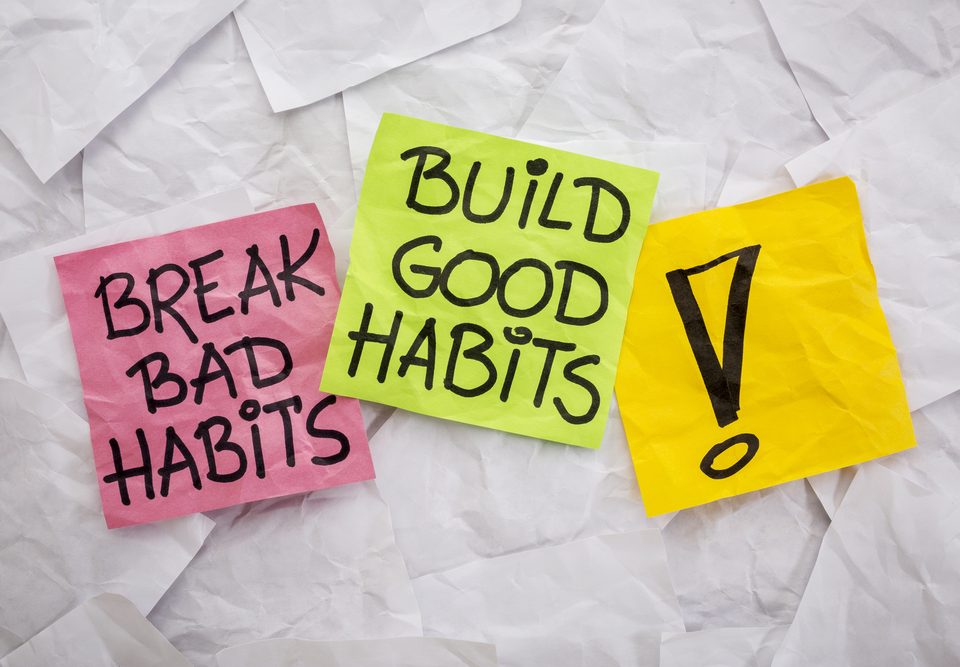
How to Set Boundaries with Your Child
August 14, 2024
Balancing Screen Time for Teens
August 19, 2024Both mental and physical fitness are crucial for the overall well-being and development of children. Here’s why each aspect is important:
Physical Fitness:
- Health Benefits:
- Regular physical activity is associated with improved cardiovascular health, muscular strength, and overall physical well-being. It helps in preventing conditions such as obesity, diabetes, and heart disease.
- Motor Skills Development:
- Physical activities contribute to the development of motor skills, coordination, and spatial awareness. These skills are fundamental for a child’s ability to perform everyday tasks and participate in sports and recreational activities.
- Bone and Muscle Development:
- Weight-bearing activities, such as running and jumping, contribute to the development of strong bones and muscles. This is particularly important during the growth stages of childhood.
- Energy Outlet:
- Physical activity provides a healthy outlet for excess energy, which can help improve sleep patterns and contribute to better overall behavior and mood.
- Social Interaction:
- Many physical activities involve teamwork and social interaction. Participating in sports and group activities helps children develop social skills, teamwork, and cooperation.
- Habit Formation:
- Encouraging physical activity at a young age helps establish lifelong habits of staying active. These habits contribute to a healthier lifestyle in adulthood.
Mental Fitness:
- Cognitive Development:
- Physical activity has been linked to improved cognitive function, including better memory, attention, and problem-solving skills. It enhances brain development during critical periods of growth.
- Stress Reduction:
- Regular physical activity helps reduce stress by promoting the release of endorphins, the body’s natural mood enhancers. It provides a healthy outlet for managing stress and anxiety.
- Emotional Well-being:
- Physical fitness is closely linked to emotional well-being. Exercise helps regulate mood, reduce symptoms of depression, and enhance overall emotional resilience.
- Focus and Concentration:
- Physical activity has been shown to enhance concentration and focus in children. It can positively impact academic performance by improving attention span and cognitive abilities.
- Self-Esteem and Confidence:
- Achieving physical fitness goals, whether in sports or general physical activities, contributes to a sense of accomplishment. This, in turn, boosts self-esteem and confidence in children.
- Healthy Lifestyle Habits:
- Engaging in physical activities promotes a holistic approach to health. Children who understand the importance of staying active are more likely to adopt other healthy lifestyle habits, including proper nutrition and sufficient sleep.
In summary, fostering both mental and physical fitness in children is essential for their overall health, growth, and development. Encouraging a balanced lifestyle that includes a variety of physical activities and mental stimulation helps set the foundation for a healthy and fulfilling life.
To learn more tips and parenting subscribe to MASK The Magazine, parenting solutions for today’s families
Subscribe to MASK The Magazine
Or
Did you know that you can add past issues of MASK The Magazine and start your MASK Library –
Enroll your child or school in the MASK E3 Institute to equip them with the knowledge to make safe healthy and informed decisions.




